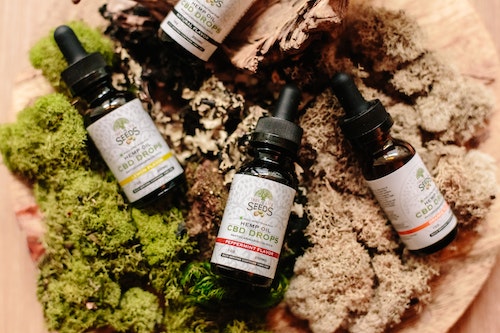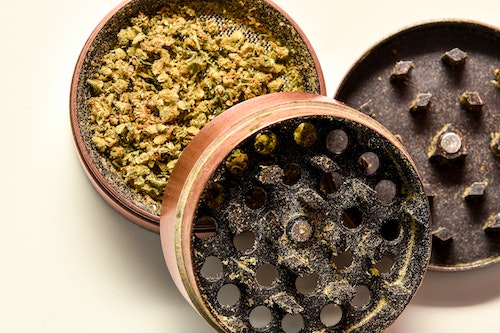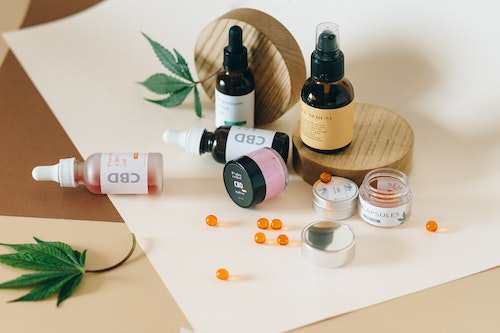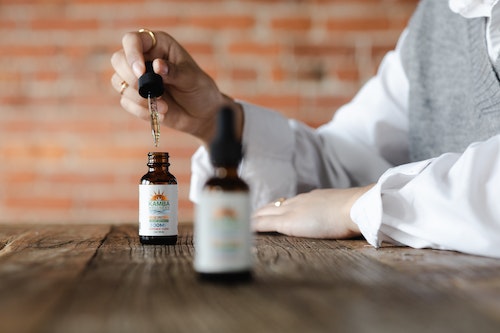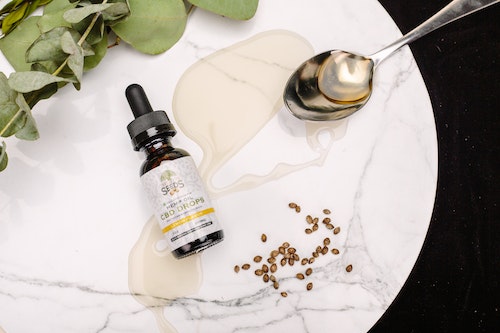
CBD vs. Hemp Seed Oil: Understanding The Differences And Benefits
CBD (cannabidiol) and hemp seed oil are two popular products derived from the cannabis plant, each with its unique properties and potential health benefits. However, it is crucial to understand the differences between them to make an informed choice based on individual needs and preferences. In this article, we will explore the disparities and potential advantages of CBD versus hemp seed oil.
Source And Extraction:
The primary distinction between CBD and hemp seed oil lies in their sources and extraction processes. CBD is extracted from the flowers, leaves, and stalks of the cannabis plant, including both marijuana and hemp varieties. On the other hand, hemp seed oil is derived solely from the seeds of the hemp plant. CBD extraction methods involve various techniques like CO2 extraction or solvent-based methods, ensuring the removal of CBD from the plant material. In contrast, hemp seed oil is obtained through cold-pressing the hemp seeds to extract the oil.
Cannabinoids And Terpenes:
CBD is one of the many cannabinoids found in the cannabis plant. It interacts with the endocannabinoid system in the human body, potentially offering various health benefits, including pain relief, anxiety reduction, and anti-inflammatory properties. Hemp seed oil, however, does not contain significant cannabinoids like CBD or THC (tetrahydrocannabinol). Instead, it primarily consists of essential fatty acids, vitamins, and minerals, making it an excellent option for promoting overall skin health and supporting the immune system.
THC Content:
Another crucial difference is the THC content in CBD and hemp seed oil. THC is the psychoactive compound responsible for the “high” associated with marijuana use. CBD products, especially those derived from hemp plants, contain trace amounts of THC, usually below the legal limit of 0.3%. This ensures that CBD products do not produce any intoxicating effects. Conversely, hemp seed oil does not contain any THC, making it a safe and non-intoxicating option for everyone.
Uses And Benefits:
CBD has gained significant attention for its potential therapeutic benefits. Research suggests that CBD may help alleviate symptoms related to various health conditions, such as chronic pain, anxiety disorders, epilepsy, and even certain skin conditions. Its anti-inflammatory properties have also attracted interest in the field of sports recovery and wellness.
Hemp seed oil, while lacking significant cannabinoids, has its unique advantages. It is rich in omega-3 and omega-6 fatty acids, which play essential roles in heart health and brain function. Additionally, hemp seed oil’s emollient properties make it an excellent natural moisturizer for the skin, helping to soothe and nourish dry or irritated skin.
Legal Status:
The legal status of CBD and hemp seed oil can vary depending on the country and its regulations. In many places, CBD products derived from hemp with low THC content are legal for purchase and use. However, it’s essential to research and understand the specific laws in your region before buying any CBD product. Hemp seed oil, containing no THC, is generally legal and widely available for purchase without restrictions.
Product Types:
CBD is available in various forms, including oils, tinctures, edibles, capsules, topicals, and more. Each product type offers different methods of consumption and absorption into the body. Hemp seed oil is commonly found as a standalone oil for culinary use or as an ingredient in skincare and beauty products.
In conclusion, CBD and hemp seed oil are distinct products with unique properties and potential health benefits. CBD is known for its interaction with the endocannabinoid system and its potential therapeutic effects, while hemp seed oil primarily serves as a rich source of essential fatty acids and nutrients. The choice between the two depends on individual needs and preferences, with both offering valuable contributions to overall health and wellness. As with any supplement or natural remedy, it’s advisable to consult with a healthcare professional before incorporating CBD or hemp seed oil into your routine, especially if you have any underlying health conditions or are taking medications.
